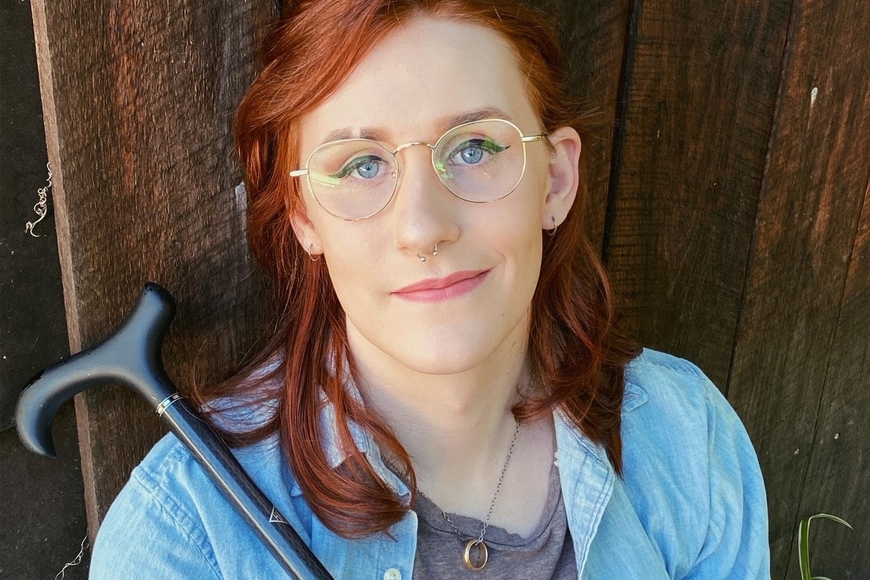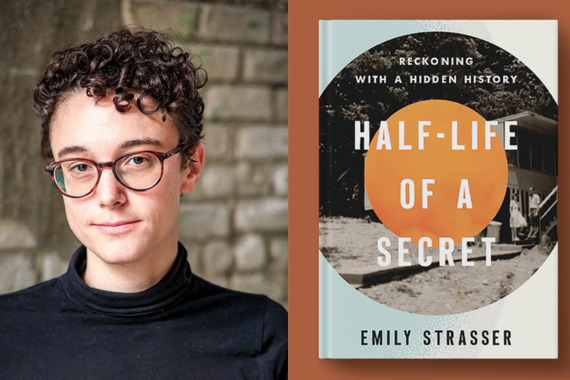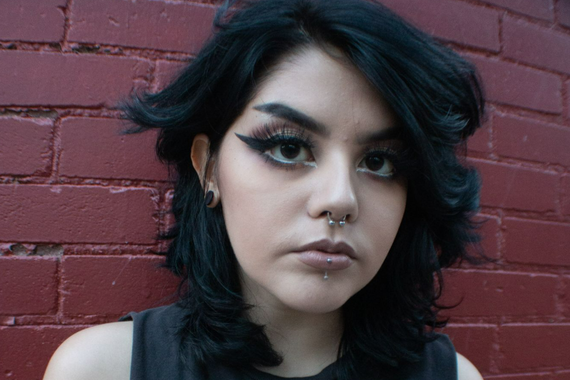MFA Student Spotlight Interview with torrin a. greathouse
From California, torrin a. greathouse is a disabled trans woman poet and a current MFA candidate at the University of Minnesota. Her work has appeared in Poetry Magazine, the New York Times, the Kenyon Review, Foglifter, and the Academy of American Poets Poem-a-Day series, among other outlets. Her debut collection, Wound from the Mouth of a Wound (Milkweed, 2020), was selected by Aimee Nezhukumatathil for the Ballard Spahr Prize for Poetry and it won the 2022 Kate Tufts Discovery Award. She will soon also be joining the faculty at the Rainier Writing Workshop, the low-residency MFA program at Pacific Lutheran University.
I asked greathouse if she would be willing to answer some questions for me. After agreeing, the poet told me about her writing path so far, her experience here, and her plans for the future…
Hannah Karau: Congratulations on your Kate Tufts Discovery Award! I’ve heard so many good things about Wound from the Mouth of a Wound. One review read “As I stood in front of the mirror reading this poem, I felt like greathouse had torn my guts out, spilled them on the floor and said, ‘Look, aren’t they beautiful?’”
I also read the poem. That last line wrenched my mind out of my own body for a second, and I didn’t even get to read the full collection yet!
It feels fairly obvious, but can you tell me about your inspiration for Wound from the Mouth of a Wound?
torrin a. greathouse: My first book began as an investigation into the way that transness, disability, and trauma are medicalized in parallel and overlapping ways. But it soon began to encompass more, from inherited trauma to performativity, in a Queer Theory sense of the term. The book owes a great debt to Robert McRuer, the author of Crip Theory: Cultural Signs of Queerness and Disability, and the way he conceptualizes disability (and I have also begun to theorize transness) as “the open mesh of possibilities, gaps, overlaps, dissonances and resonances, lapses and excesses of meaning when the constituent elements of bodily, mental, or behavioral functioning aren’t made (or cant be made) to signify monolithically.”
HK: You’ve won or been nominated for a number of prestigious prizes for this book– the Kate Tufts Award, a MN Book Awards Finalist, a CLMP Firecracker Awards Finalist, and more. How has this book changed your life?
tg: Before this book was selected for publication, I nearly walked away from writing. Despite all my successes up to that point, I believed that this culture had no space for a poet like me in it. I was—of course—wrong. The book’s publication, as well as the affirmations and accolades it has received since have served as a reminder that there is space for my voice in this world. Not only that, but also a reminder that my voice is needed.
HK: I believe you worked on the book while being a part of our Creative Writing program, so what parts of the MFA have been your favorite or most beneficial to your writing career so far?
tg: With the exception of one poem, my entire first book was written before the MFA program, but the community and support I have found here have helped immensely with my second collection. The part of this program I am most grateful for however, is having the opportunity to cultivate relationships with the professors and expand my own personal notions of both craft and how my work can move in the world.
HK: As a third year student, do you have any advice for students applying to be in or entering an MFA program? Ours or in general.
tg: Apply to programs because there are people there you respect and want to work with. The most important part of my experience here has been the mentorship and guidance I have received from the professors I came into this program knowing I wanted to work with.
HK: You’ve done amazing writing in your career so far. What are you working on next?
tg: The next thing for me right now is a break. I want to step away from poetry for awhile and work on my nonfiction, so that when I return to poetry, it’s with fresh eyes and a new appreciation for the craft.


